The Universal Declaration of Human Rights (UDHR), adopted in 1948, stands as one of humanity’s most extraordinary achievements. Forged in the ashes of two world wars, it affirmed that every human being-regardless of nation, race, gender, or creed-is entitled to dignity, freedom, and protection from tyranny. It shaped constitutions, inspired liberation movements, and provided the moral backbone for international law.
But 75 years on, the global landscape has shifted.
We are now confronting crises that rights alone cannot solve. Climate change, algorithmic warfare, economic precarity, and global disinformation are not just technical or political failures-they are failures of moral imagination. We find ourselves defending rights in a world that’s fraying at the level of responsibility.
We have codified what we are owed, but we have yet to mature into what we owe each other.
This article explores the emergence and vision of a lesser-known but increasingly vital document: the UN Declaration of Human Responsibilities. It asks not whether rights still matter-they do-but whether they are enough. It proposes that peace, in its fullest sense, requires a civic evolution: from entitlement to interdependence, from freedom from harm to accountability for the whole.
What Is the UN Declaration of Human Responsibilities?
The idea of a complementary declaration-one that balances rights with responsibilities-has been circulating within international discourse since the early 1990s. But it came into clearer focus in 1997 when the InterAction Council, a group of former heads of state and government including Helmut Schmidt and Malcolm Fraser, proposed a draft titled the “Universal Declaration of Human Responsibilities.”
Modelled on the UDHR, the document outlined ethical duties that should guide individuals, corporations, and governments alike. Among them were responsibilities to:
- Respect life and reject violence
- Treat all people justly and impartially
- Act with integrity in political and economic life
- Protect the planet for future generations
Crucially, it emphasized that freedom must be exercised with responsibility, and that global peace depends on each person recognising their role in maintaining the moral and ecological balance of society.
Despite gaining traction in academic, interfaith, and civil society circles, the declaration was never formally adopted by the United Nations. Some nations feared it could be used to undermine civil liberties or suppress dissent. Others questioned whether a global standard of responsibility could be enforced.
Still, the idea never disappeared. Today, many UN-aligned organisations and peace-building initiatives continue to promote the framework of human responsibilities-not as a replacement, but as a necessary evolution of the rights discourse.
Why Human Responsibilities Matter Now
The logic of human rights is reactive: it seeks to protect individuals from harm. But human responsibilities are proactive: they ask what we must do to prevent harm, to uphold dignity, and to ensure that others can live in safety and peace.
This shift is not academic. It speaks directly to the failures we face:
Climate change: We assert the right to clean air and safe water, yet few structures compel the powerful to curb emissions or protect ecological systems. Without responsibility to future generations, these rights ring hollow.
Misinformation and digital harm: Free speech is a cherished right. But in an era of disinformation, deepfakes, and algorithmic bias, should there not also be a responsibility to truth? To platform accountability?
Conflict and displacement: Refugees have the right to safety. But that right only means something if receiving nations and global powers accept their responsibility to share burden and offer sanctuary.
Public health and pandemics: We claim rights to health and safety. But without a shared ethic of care-wearing masks, getting vaccinated, supporting the vulnerable-those rights falter.
These aren’t failures of law. They are failures of moral culture. A culture of rights without responsibilities leaves us expecting protection without participation. A mature peace demands both.
From Entitlement to Interdependence – A Shift in Consciousness
The Enlightenment gave us many gifts: rational inquiry, liberty, individualism. It also helped enshrine the concept of inalienable rights. But like any worldview, it carried blind spots. Chief among them was the idea that freedom means freedom from constraint, rather than freedom within relationship.
Today, we are feeling the limits of that model. Hyper-individualism has eroded trust in institutions. Personal freedom is weaponised against the common good. Responsibility is seen as optional-or worse, as a burden imposed by others.
But Indigenous cultures have long modelled a different orientation. In many Aboriginal and Torres Strait Islander legal traditions, responsibility precedes entitlement. Rights are inherited through relationship: to Country, to community, to lineage. You do not receive without also giving. You do not belong without also being accountable.
Similarly, the African philosophy of Ubuntu says, “I am because we are.” Our identity and wellbeing are not self-contained. They emerge through connection.
This is the consciousness peace demands. Not the abandonment of rights, but their completion through responsibility. Not the sacrifice of autonomy, but its expression in service of something larger than the self.
Responsibilities as the Foundation of Peace
We often define peace as the absence of war. But real peace is the presence of right relationship-between people, between governments, between humanity and nature.
The Declaration of Human Responsibilities offers a framework for peace that begins not with power, but with accountability:
- Governments must be responsible stewards, not merely protectors of national interest.
- Corporations must be responsible economic actors, not extractive agents of short-term gain.
- Media must be responsible narrators, not amplifiers of rage or falsehood.
- Citizens must be responsible participants, not passive recipients of democracy.
In practical terms, this could mean:
- International treaties that include enforcement of ethical duties, not just compliance with technical rules
- Stronger accountability mechanisms for global tech platforms
- National peace institutions, like a Ministry for Peace, tasked not only with conflict resolution but civic education, media literacy, and relationship building
- Embedding restorative justice and intergenerational responsibility in policy frameworks
Peace is not simply the job of diplomats. It is the product of millions of daily choices-each shaped by whether we see ourselves as bearers of responsibility or merely holders of rights.
A Vision for Australia – What Would a Responsibility Culture Look Like?
Australia has long been a champion of human rights on the global stage. But our domestic landscape shows where rights alone are insufficient.
Climate responsibility: Despite being one of the highest per capita emitters, Australia’s policies remain timid. What if we saw climate action not as optional, but as our responsibility to the Pacific, to future Australians, to the land itself?
Truth and reconciliation: First Nations justice is not only about recognising rights, but honouring responsibilities-like listening deeply, returning land, and integrating Indigenous law into our legal system.
Digital responsibility: As media literacy declines and conspiracy culture rises, do we have a civic responsibility to elevate truth, regulate platforms, and teach discernment?
Economic care: In aged care, disability services, and health-sectors plagued by scandals-responsibility is often outsourced. A culture of care requires internalising those responsibilities as moral obligations, not just commercial functions.
Schools could teach civic responsibility alongside history. Journalism could evolve toward constructive narratives. Political debate could shift from blame to shared duty.
Australia could even lead the revival of the UN Declaration of Human Responsibilities-proposing updates, endorsing it in Parliament, and using it to shape new peacebuilding institutions.
Completing the Moral Equation
Rights matter. They always will. But they are only half the equation.
The future calls us to balance freedom with duty, autonomy with care, protection with contribution. The UN Declaration of Human Responsibilities offers not just a set of ethical statements, but a new moral compass for an interdependent age.
Peace is not a contract between governments. It is a promise we make-to each other, to future generations, and to the Earth we share.
That promise begins not with what we demand, but with what we choose to uphold.




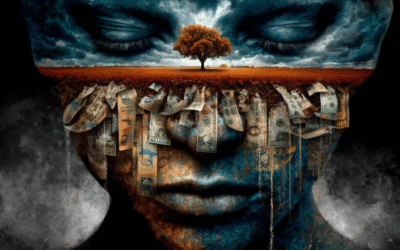
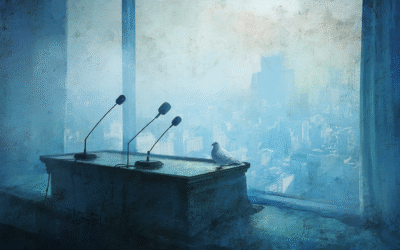
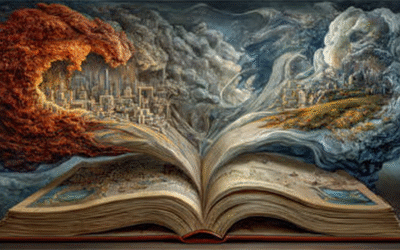
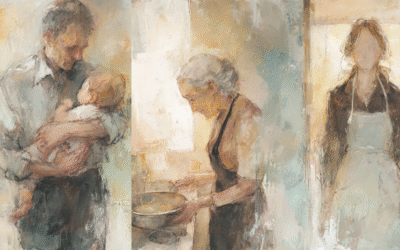
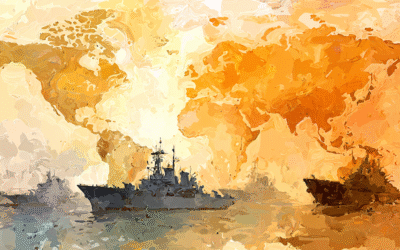
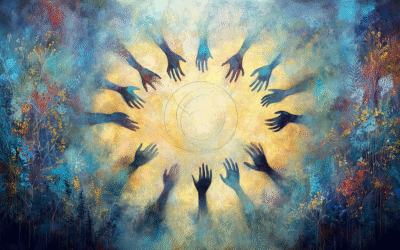
0 Comments